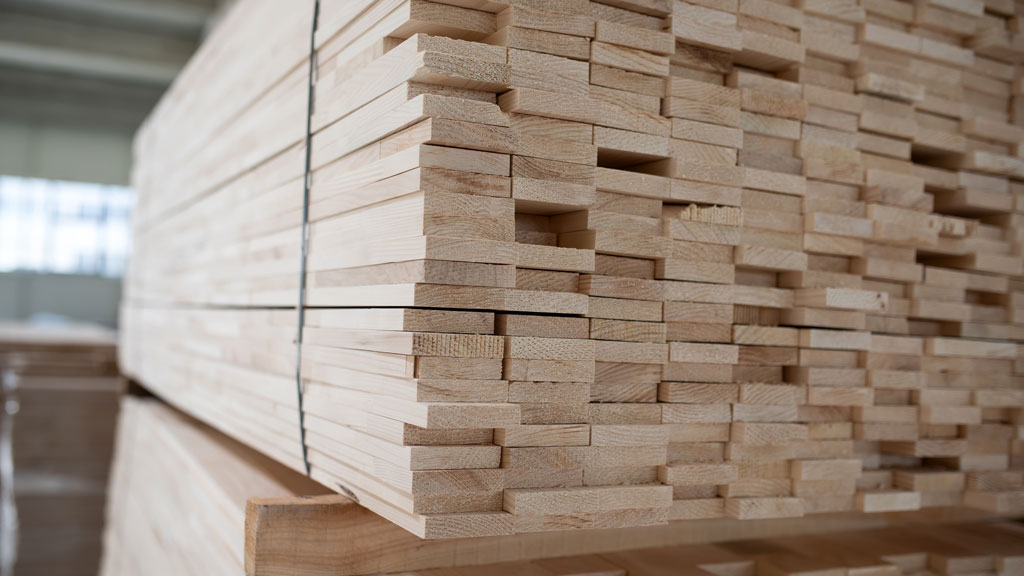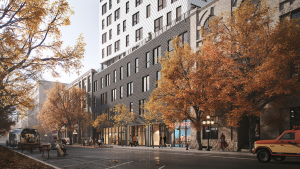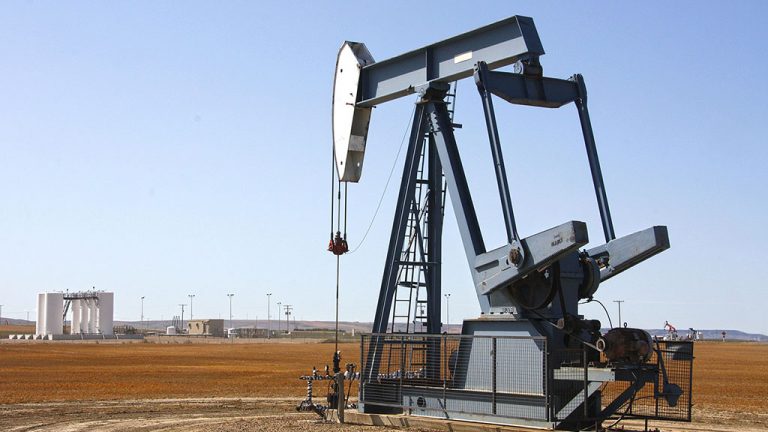The Western Retail Lumber Association (WRLA) in Winnipeg is tackling a couple of major issues that will have an impact on the lumber, building materials and hardgoods industries across the country.
The association is worried Canada’s rapidly rising carbon tax will have a negative effort on the industry and further erode the ability of individuals and families across the country to purchase a home.
Meanwhile, it is also concerned about a looming labour shortage due to employee retirements and is working to recruit more youth by increasing awareness of the opportunities that are available.
Earlier, the association sent a letter to Prime Minister Justin Trudeau urging the federal government to kill the carbon tax, arguing it will have a domino effect, with manufacturers and distributors passing costs on to retailers which will thwart new home construction due to higher costs for lumber.
The WRLA believes now is the time for a concerted effort across the lumber and building materials sector to highlight how punitive carbon taxes are and how an increase could not come at a worse time.
The association joins with Alberta Premier Danielle Smith, Saskatchewan Premier Scott Moe and other leaders across the country, urging the government to suspend the carbon tax increase.
The carbon tax first came into effect in October 2019 at $20 per tonne. But it has increased substantially since then, and reached $80 per tonne on April 1, up $15, from its previous cost of $65 per tonne.
The WRLA, the largest building supply association in Canada, suggested to its 1,300 retail store members that they sign the letter and send it to the prime minister, cabinet ministers and local MPs.
“Tax increases have a domino effect on the economy,” WRLA president Liz Kovach wrote in the letter. “Manufacturers pass along their higher costs to distributers, and distributors pass these costs on to retailers.
“WRLA members routinely indicate the cost pressures they face due to carbon pricing. Our members are key to the building supply chain and we play a strong role in housing. At a time when more construction of multi-unit residential properties is desperately required, a carbon tax increase will be an impediment in an already challenging marketplace. We understand your government’s objective of increasing housing supply, but a carbon tax increase runs counter to that goal.”
According to the letter, another increase in the carbon tax will only push home ownership for Canadians further out of reach.
Kovach wrote the Bank of Canada increased interest rates to unprecedented levels, in the hope of cooling inflation, but hiking taxes amplify the high inflationary pressure to consumers and businesses alike.
The letter highlighted a comment made earlier by the parliamentary budget officer who stated when the fiscal and economic impacts of the federal fuel charge are considered, it’s estimated that most households will see a loss, paying more in fuel charges and GST, as well as receiving lower incomes, compared to Climate Action Incentive payments they receive and lower personal income taxes.
“Rest assured our industry is concerned about carbon emissions and we are actively contributing to the solution,” Kovach wrote.
“The WRLA members are the frontline influencers with consumers and builders encouraging the use of energy efficient products and building practice.”
On the labour front, the WRLA has been meeting with provincial governments in Western Canada to drum up support for its Let’s Go Build campaign aimed at addressing the looming labour shortage.
The recruitment campaign, launched last year, unites employers based in the western provinces, Northwest Territories, northwest Ontario, Yukon and Nunavut with potential candidates looking for jobs.
A website has been launched with job listings, information about the industry and companies that need employees, profiles of individuals working in the industry, and contact information.
The association recently completed a labour study with the Government of Alberta which reaffirmed the need to bring more awareness to the industry as a career destination of choice.
The study found over the next five years the average anticipated rate of retirement is estimated to be 19 per cent or about four per cent a year, while the overall growth rate of Alberta’s building supply sector is estimated to be 2.5 per cent.
More than 72 per cent of employers reported they expect to see an increase in the overall size of their workforce over the next five years. About 8,900 new employees will be required over the next five years in Alberta alone, which equates to about 1,780 employees per year.
The building supply sector is a $146.4-billion industry and more than 461,000 Canadians are already directly employed the sector.









Recent Comments
comments for this post are closed